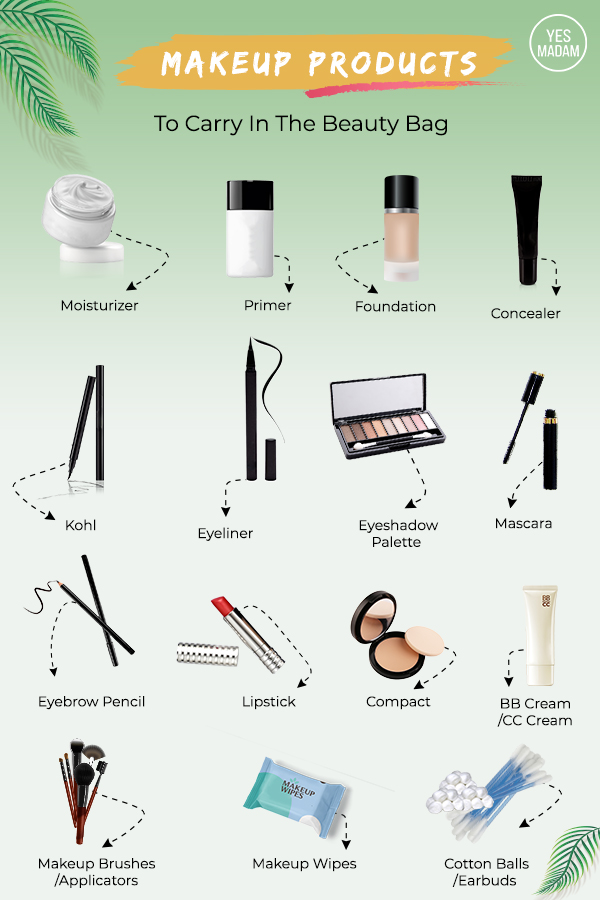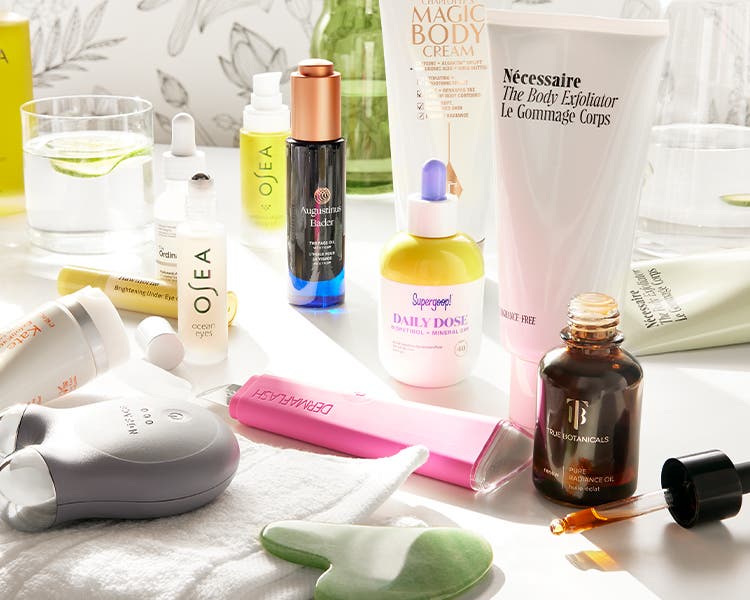Why Cruelty-Free Elegance Products Are the Future of Skin Care and Cosmetics
The shift towards cruelty-free elegance products is not merely a pattern; it shows a considerable improvement in consumer worths and sector methods. As recognition around ethical consumption increases, especially amongst more youthful demographics, brands are obliged to reevaluate their screening methods and ingredient sourcing. This advancement is further driven by improvements in technology, which guarantee effective options to traditional pet testing. Nevertheless, the implications of this change prolong past consumer preferences, questioning concerning the future of regulatory requirements and brand stability. What continues to be to be seen is how these characteristics will form the landscape of the elegance industry.
Expanding Customer Understanding
The expanding customer awareness bordering cruelty-free elegance products reflects a substantial change in social values towards honest consumption. As individuals significantly focus on the welfare of animals and look for to make enlightened buying choices, the need for products that are not checked on animals has surged. This increased awareness is driven by a combination of variables, consisting of the increase of digital systems that assist in understanding sharing, better openness from brand names, and advocacy projects that highlight the honest ramifications of traditional testing techniques.
Customers are currently much more complete than ever before to research study and identify cruelty-free brand names, leading to a much more critical market. Younger generations, specifically millennials and Gen Z, are leading the fee, typically opting for brand names that personify their ethical stance.
Moral Considerations in Charm
Honest considerations in elegance expand beyond the world of pet welfare, including a wider range of social and ecological effects. Consumers are increasingly scrutinizing the sourcing of active ingredients, labor methods, and the environmental impact of elegance items. Brands that focus on honest methods frequently use sustainably sourced materials, minimizing their ecological influence while sustaining fair profession campaigns.
Furthermore, the beauty industry has a considerable impact on international labor markets, specifically in developing countries where lots of active ingredients are sourced. Ethical brand names promote for equitable labor methods, making certain that employees obtain reasonable earnings and safe working problems. This dedication to social duty not just boosts the lives of those entailed in the manufacturing procedure but likewise resonates with customers that value openness and honesty.
Furthermore, the environmental effect of product packaging and production approaches can not be ignored. Brand names are progressively adopting environment-friendly packaging solutions and minimizing waste, aligning with a growing customer need for sustainability. By attending to these moral considerations, charm brands can promote a more conscientious market that values both individuals and the world, leading the means for a future where liable practices are the standard as opposed to the exemption.

The Effect On Brand Name Commitment
Consumer commitment to charm brands is significantly influenced by ethical methods, especially in the realm of cruelty-free and sustainable products. cruelty-free beauty. As customers become a lot more socially conscious, their purchasing decisions are regularly assisted by the ethical implications of the products they choose. Brands that focus on cruelty-free practices not only attract this growing demographic but likewise promote a feeling of depend on and integrity amongst their client base

Moreover, the transparency bordering cruelty-free accreditations enhances customer self-confidence in the brand's commitment to moral practices. This transparency can develop a psychological connection in between the consumer useful content and the brand, additional solidifying loyalty. In an era where brand track record is progressively scrutinized, the dedication to cruelty-free practices is not merely a trend but a considerable consider long-term brand name loyalty.
Innovations in Cruelty-Free Formulations
As brand loyalty significantly pivots on moral methods, companies are responding with ingenious techniques to cruelty-free formulations. The sector is experiencing a rise in the growth of alternatives to animal screening, using innovative technologies such as artificial insemination screening and computer system modeling. These methods not only fulfill honest requirements yet also speed up item advancement timelines.
Furthermore, several brands are utilizing the power of all-natural components that are both effective and lasting. Plant-based extracts, bioengineered substances, and ethically sourced materials are getting grip, attracting ecologically aware consumers. Advancements in preservation strategies, such as using natural preservatives, improve product durability without jeopardizing cruelty-free honesty.
Brand names are also investing in clear sourcing methods, enabling consumers to map the beginning of components. This openness fosters count on and empowers customers to make informed choices. Furthermore, collaborations with non-profit companies and cruelty-free certifications are ending up being more typical, indicating a dedication to ethical practices.
As the need for cruelty-free products proceeds to rise, these developments not just redefine industry requirements yet also add to an extra humane future for appeal and skin care. The dedication to ethical formulas is improving customer expectations and review driving the market toward better liability.
The Future of Regulatory Specifications
The landscape of regulative criteria for cruelty-free charm items is advancing swiftly in response to growing customer demand for openness and honest methods. As consumers increasingly prioritize humane therapy of pets in product development, regulative bodies are being advised to develop clearer guidelines and accreditations that delineate what makes up cruelty-free.
Existing laws vary widely by region, producing confusion among customers and producers alike. cruelty-free beauty. In the future, we can expect a move towards standardized meanings and criteria, potentially bring about a merged international framework. This would certainly not just enhance consumer count on but likewise urge more brands to embrace cruelty-free practices
Moreover, developments in innovation, such as alternative testing approaches and artificial insemination models, are most likely to influence regulatory criteria. These developments might pave the method for extra rigorous requirements that focus on humane methods without endangering product security or effectiveness.
The collaboration between industry stakeholders, advocacy teams, and governing authorities will be critical in forming these standards. By cultivating dialogue and developing natural policies, the charm market can guarantee that cruelty-free practices end up being an indispensable component of its ethical landscape, eventually benefiting customers, pets, and the environment.
Final Thought
The change in the direction of cruelty-free appeal items symbolizes an essential change in the skincare and cosmetics sector. Boosting consumer understanding and moral considerations drive brands to embrace humane practices, promoting better brand name loyalty. Advancements in solutions not just enhance item efficiency yet likewise straighten with developing regulatory requirements. Inevitably, the commitment to cruelty-free techniques is vital for brand names seeking to grow in an open market, as it reverberates deeply with the values of contemporary customers.